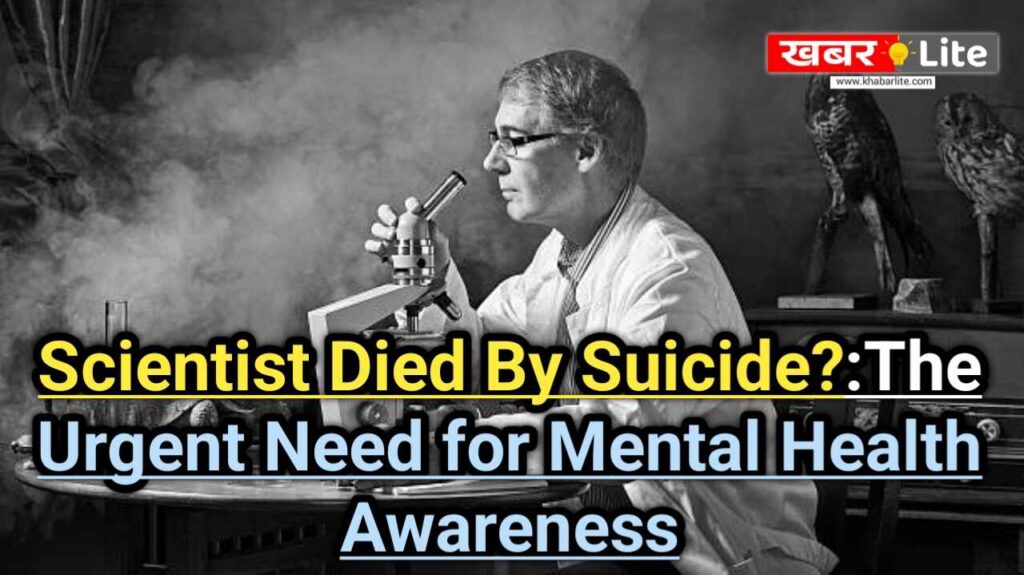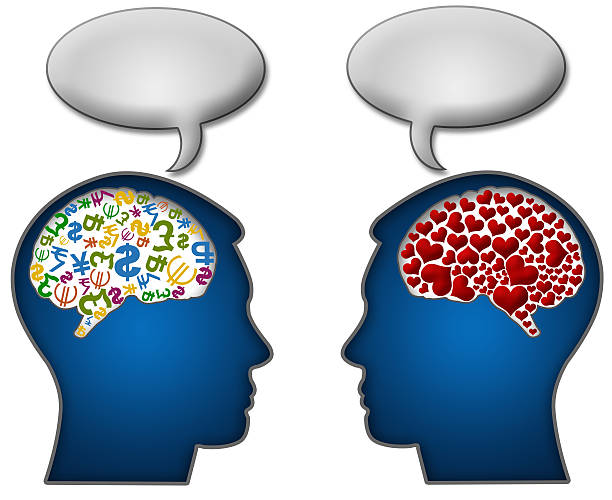Scientist Died By Suicide?:The death of a scientist by suicide is very sad and affects not just other scientists but many people. Scientists work hard their whole lives to learn new things and solve tough problems.
But sometimes, they have personal struggles that can feel too big to handle. To help prevent this, we need to be kind, pay attention, and remember how important mental health is.

Scientist Died By Suicide?
1.The Pressure of Scientific Work
The work that scientists do can feel very tough and stressful. They often have to work long hours and finish their projects quickly, which can be tiring. Scientists also need money to keep their research going, and finding that money can be hard.

On top of that, they feel pressure to share their findings and be recognized for their work. Many scientists sometimes feel like they don’t belong or aren’t as good as others, which can make them feel even worse. Sadly, this pressure and stress can lead to tragic situations where a Scientist Died By Suicide?
2.Mental Health in the Science Community
Even though scientists are very good at understanding complicated things, they sometimes find it hard to understand and take care of their own mental health. Many people feel uncomfortable talking about mental health, which can stop scientists from getting the help they need.

In the world of science, there’s a lot of competition, and people might think that asking for help or showing their feelings makes them seem weak.
Because of this, many scientists feel alone with their problems, and sadly, this can lead to situations where a Scientist Died By Suicide? This makes it even harder for scientists to share when they’re struggling.
3.Notable Cases and Conversations
There have been some well-known cases where scientists have taken their own lives, which has made people talk more about this serious problem. These stories show how tough life can be in the world of research and studies.

Each story reminds us that mental health challenges can happen to anyone, no matter how smart or successful they are.
Tata Nano New Model 2024 Price on Road
4.Building a Supportive Community
1.Talking Openly: We need a space where people feel comfortable talking about mental health. By encouraging open conversations about stress, worries, and feelings, we can help everyone feel less alone.
2.Easy Access to Help: Schools and workplaces should offer help that’s easy to reach, like counseling and support groups, especially for scientists.
3.Balance Between Work and Life: It’s important to create a work culture that values time for both work and rest. Flexible hours and fair expectations can help reduce stress for scientists.
4.Supporting Each Other: Setting up groups where scientists can mentor and support each other can make a big difference. Having friends and mentors to talk to can help scientists feel stronger and more connected.
5.Encouraging Help-Seeking Behavior
It’s very important to make asking for help with mental health feel normal and okay. Just like scientists work together on research, they should also feel comfortable asking for help with personal problems.
Teaching people about mental health can help them understand that it’s important to take care of themselves and to ask for support when they need it. This can help prevent situations where a Scientist Died By Suicide? By encouraging open conversations, we can create a safer space for everyone.
Conclusion:
When a Scientist Died By Suicide?, it reminds us how important mental health is in every job. By creating a caring community, talking openly about mental health, and making it a priority, we can help prevent such sad losses.
We need to remember that behind every big discovery, there is a person who needs kindness, support, and understanding. Together, we can build a culture that values not just what people achieve, but also their well-being.

